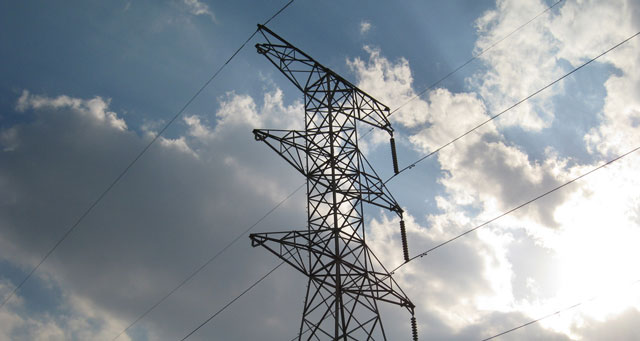
The Organisation Undoing Tax Abuse (Outa), long a thorn in the side of roads agency Sanral over the tolling of Gauteng roads, has now set its sights on Eskom, lodging a complaint with the Competition Commission seeking the state-owned power utility’s break-up.
Outa said on Tuesday that it has asked the commission impose fines on Eskom and to unbundle the state-owned company “due to monopolistic control and conduct of electricity supply and pricing”.
It said its complaint is based on Eskom’s “abuse of its dominant position in the electricity market and its exclusionary acts”.
It said in a statement that it will ask the Competition Commission to investigate the possibility of breaking up Eskom into two distinct corporations, one that controls electricity generation and another that controls transmission, both owned by the state.
“Outa believes that a separation of control over the arms of electricity generation and transmission will break Eskom’s stranglehold over the grid, thereby ensuring that open competition for energy generation at the lowest cost of production will reach the consumer, assuming political meddling is minimised…” the organisation said.
Outa said it expects the interventions to lead to a containment of prices as “proper” competition is introduced. It added that, if implemented, it will help South Africa avoid blackouts, reduce corruption and allow municipalities to buy directly from independent power producers or to construct their own generation plants.
“All competitive power generation options will be allowed onto the grid; maintenance and expansion of the grid will be rationalised and driven by economic reasons; greater flexibility should arise for consumers to enter agreements with municipalities; it will enable municipalities to purchase excess electricity from household solar energy when available; and South Africa will move further away from the situation where an Eskom insolvency or technical failure will pull down the entire grid,” Outa said.
It said Eskom’s management has “unlawfully refused” to sign power purchase agreements with private-sector players.
“This conduct is presently preventing the investment of R58bn into energy generation projects to proceed and, consequently, the curbing of more than 13 000 construction jobs from commencing,” it said. — © 2017 NewsCentral Media




